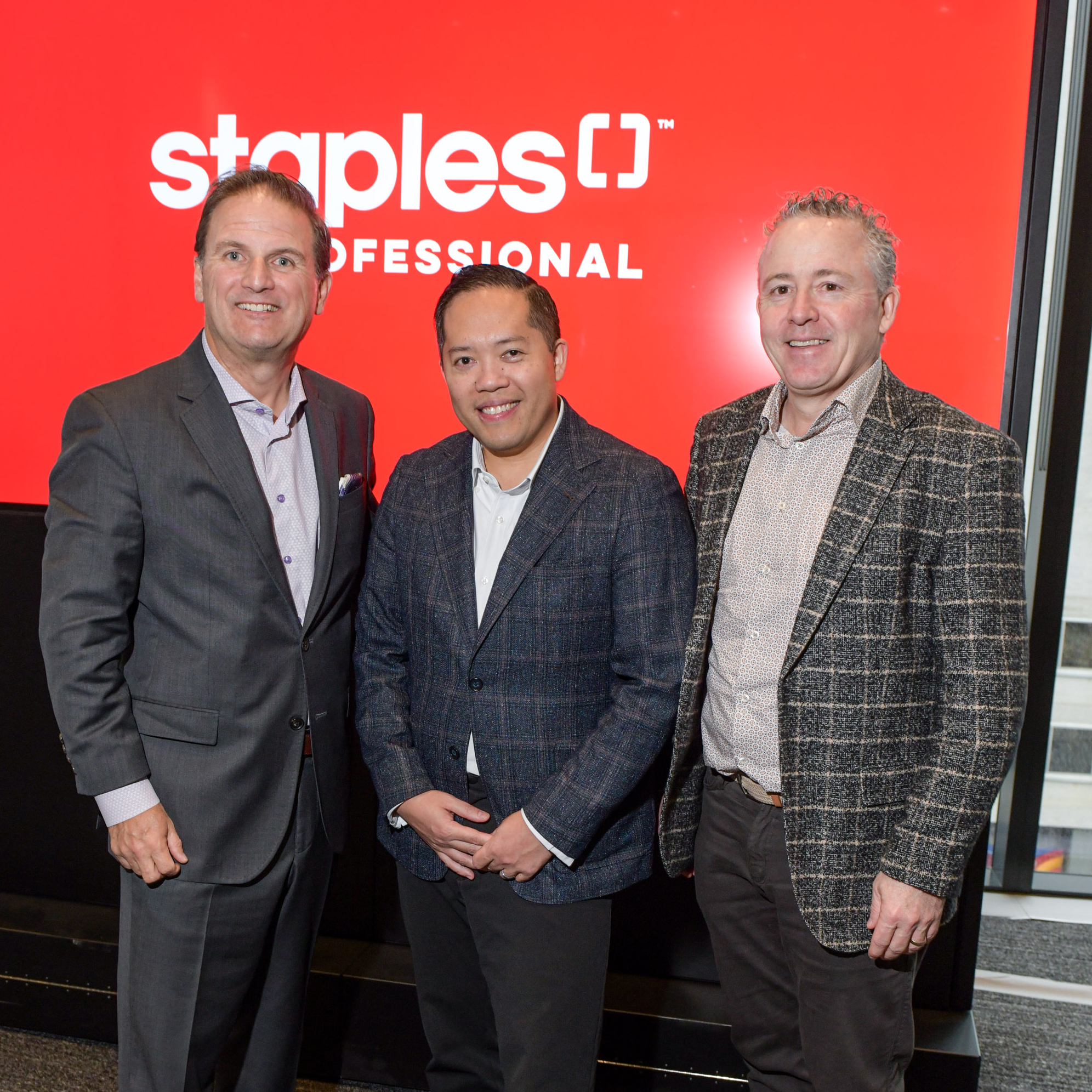‘I Was Worried About How I’d Connect With My Coworkers’: Young Employees Are Struggling to Adapt to the Office

When Lizzie*, a computer sciences student at the University of Waterloo, started her co-op placement at a financial institution in September 2022, she fretted over going into the office; it was her first time in the professional setting—ever. Her first few years of university were online due to the pandemic, and her previous co-op at a government agency was also fully remote. She had grown comfortable working from home, and the idea of going to an office was nerve-racking.
“I was excited to meet everyone, and was looking forward to learning through the co-op, but I was really worried about how I’d connect with my coworkers,” she says. “I worried they wouldn’t like me, or that it would be really awkward, which made me pretty anxious since I’d have to work with them for the next four months.”
Lizzie is part of a cohort now entering the labour market. Gen Z, those born between 1997 to 2012, are graduating university and landing jobs—and in huge numbers: By 2030, Gen Z will make up 30 per cent of the workforce. And, after years of stay-at-home orders and work-from-home policies, these young people are stressing over every aspect of the in-office experience, from what to wear, how to ask for feedback face-to-face and how to socialize with their colleagues.
Gen Z is behind on soft skills
For many Gen Z-ers, they’ve been dropped into an office setting with no prior experience. They’re expected to adapt to office culture—and fast. “This generation was born into the digital era, most of their social interaction is done online and there are soft skills needed in the workplace that weren’t developed,” says Keishera Davis, HR manager at Toronto-based communications firm 1Milk2Sugars. Skills like reading body language and picking up on social cues are things that new employees “need to work extra hard at,” says Davis. But it’s not that all of Gen Z doesn’t understand how to read tone, or pick up on subtext in a conversation. Instead, many are out of practice after years of online-only interactions, where those soft skills aren’t as necessary. “They’re anxious to come into the workspace because they have no idea what that environment looks like,” says Davis.
Related: Climate Change Is Influencing How Young People Invest Their Money
Lizzie says that when she first started in-person work, she was hung up on the differences between interacting virtually and IRL. She was worried about doing something “the wrong way” in a professional setting. Plus, she found that it wasn’t just the social aspect and newness of in-office days that spiked her anxiety levels, it was also concerns around professionalism, like what to wear to suit a “casual” dress code. “I spent awhile trying to figure out what exactly would be appropriate and wouldn’t make me stand out in the wrong way,” she says.
How workplaces can support Gen Z
Because bosses will soon be managing a lot more Gen Z workers, it’s crucial for employers to know how to support them. Davis says the most important thing managers can do is be specific with this cohort. That means being clear about job expectations, both when providing feedback and assigning a project. Davis points to an example of a first-time people manager on a sales team who can effortlessly close a deal but doesn’t know how to give feedback to colleagues. They might have practiced that skill in school while doing group projects, but haven’t used it in a professional setting. “A manager might say ‘Hey, you need to be more gentle when giving feedback,’ but they might not know what that means,” says Davis. “That’s when managers need to be very specific.” Likewise, workplaces should be intentional with setting clear goals and tracking progress. For managers, this might look like weekly check-ins, providing a mentor and providing metrics for promotion.
Related: Is It OK to Use ChatGPT to Write My Résumé?
Davis also says that bosses need to be flexible and listen to the needs of their Gen Z employees in order to retain and attract them. “Loosening up the dress code, making the office pet-friendly or implementing core hours—that is, setting a block of hours each day that employees have to be available for meetings—can ease the transition into the office,” she says. Other flexible arrangements like hybrid work structures can also help: A report from staffing firm Robert Half found that young employees want “the best of both worlds”—they want to be able to pursue in-person opportunities while still having the option to work remotely.
Because recent grads are coming from classroom environments, a robust mentorship program can help connect Gen Z workers with more established employees who can show them the ropes. Teaching the next generation of talent on the job (yes, even those soft social skills) is not only an investment in the company’s future, it’s something these young employees want: According to a study by Deloitte, career growth and learning opportunities are high on Gen Z’s list of priorities. Deloitte found that they actively seek out learning opportunities and are more likely to stay in a role if their company supports their career development.
“Gen Z’s youth is a strength; they’re savvy with technology and automation and it makes them effective in the workplace,” says Davis. “But it’s not all on Gen Z to be perfect workers. It’s also on the company to provide that space to support them.”
*Name has been changed to protect identity










